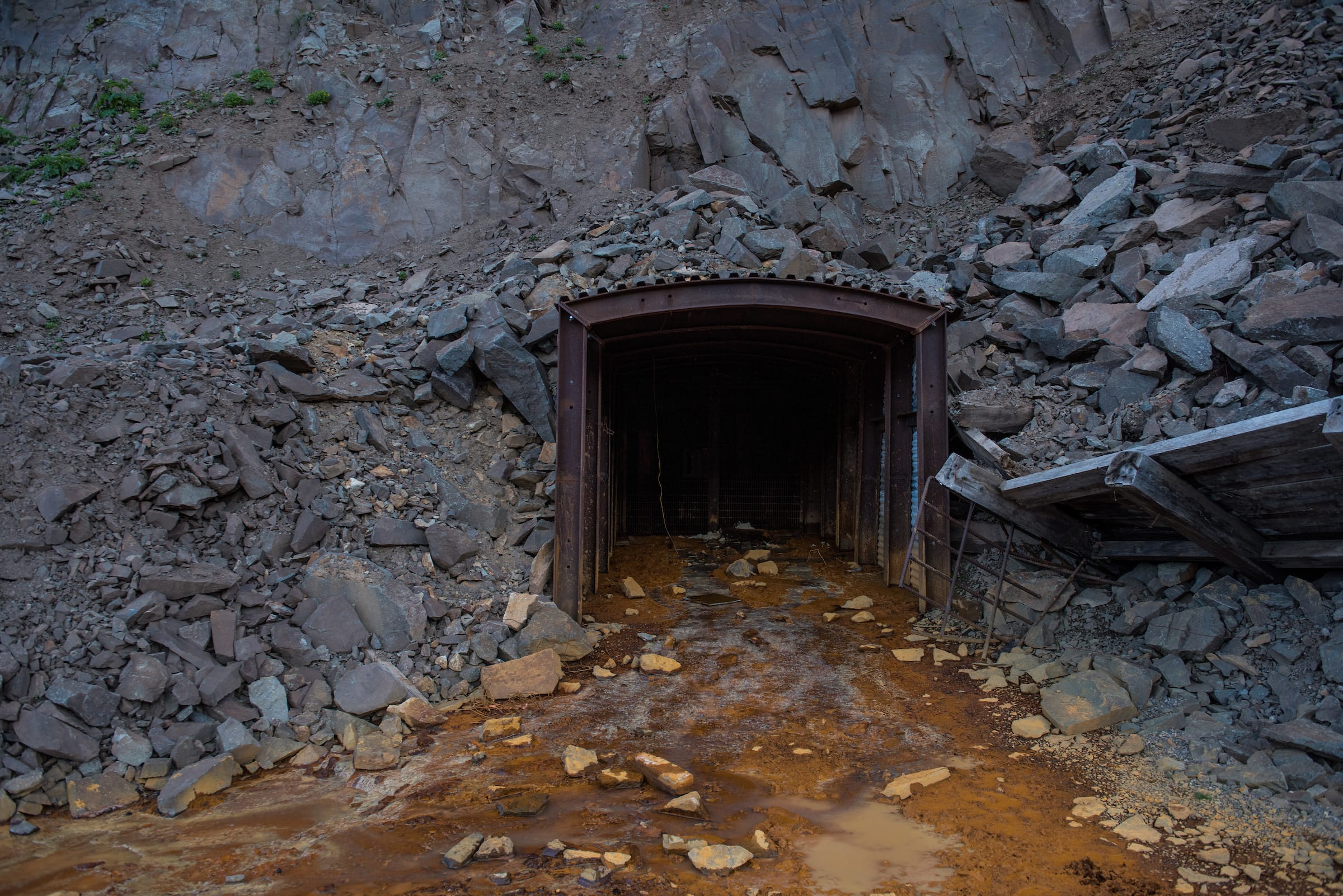
Bipartisan “Good Samaritan” legislation will pave the way for long-awaited cleanups of toxic mine waste
Contacts:
- Chris Wood, President and CEO, Trout Unlimited – chris.wood@tu.org
- Corey Fisher, Public Lands Policy Director, Trout Unlimited – corey.fisher@tu.org
- Zoe Bommarito, National Advocacy Communications Director, Trout Unlimited – zoe.bommarito@tu.org, 517-604-1844
WASHINGTON, D.C. – Today, in a historic bipartisan achievement two decades in the making, the U.S. House of Representatives passed the Good Samaritan Remediation of Abandoned Hardrock Mines Act (S.2781 / H.R.7779). The legislation is expected to be signed into law by President Biden. This long-sought legislation will pave the way for Trout Unlimited, state agencies, and other third parties to increase the pace and scale of efforts to clean up abandoned hardrock mines, tens of thousands of which are polluting waterways across the country.
The legislation was championed by U.S. Sens. Martin Heinrich (D-NM) and Jim Risch (R-ID) and U.S. Reps. Celeste Maloy (R-UT), Mary Peltola (D-AK), and Susie Lee (D-NV). It cleared the Senate by unanimous consent in July. Congress has debated Good Samaritan legislation for more than two decades. Trout Unlimited thanks Speaker Mike Johnson and Minority Leader Hakeem Jeffries for their bipartisan support in bringing the legislation to the House floor.
“Today marks an important step toward cleaning up our nation’s rivers and streams,” said Chris Wood, President and CEO of Trout Unlimited. “Over 40 percent of small mountain streams in the West are polluted by heavy metals from abandoned mines. This bill is about clean water and healthy communities. It will make it possible for organizations that had nothing to do with the causes of pollution to make our rivers and streams cleaner. We commend Congress for taking this critical step, and especially thank Senators Heinrich and Risch, along with Representatives Maloy, Peltola and Lee, for their leadership in bringing Good Samaritan legislation over the finish line.”
Abandoned mines are historic mine sites – often a century old or more – where there are no parties that can be held responsible for cleaning up mine waste. Current federal laws treat organizations that volunteer to clean up these abandoned mines—including state agencies and private non-profits groups like Trout Unlimited—as if they are the very polluters who left behind the mine waste.
This creates daunting obstacles that prevent abandoned mine cleanups, including complicated permitting and long-term legal and financial liability for any remaining mine pollution.
“Clean water and healthy fish and wildlife habitat are values that unite us,” said Corey Fisher, Public Policy Director at Trout Unlimited. “For too long, toxic hardrock mine waste has polluted rivers, causing downstream impacts to communities and wildlife. This common-sense law will give us a critical tool to turn the tide, restoring clean water to watersheds across the West and beyond.”
The Good Samaritan legislation establishes a new program under the Environmental Protection Agency (EPA), providing limited liability protections for up to 15 low-risk abandoned mine cleanup pilot projects conducted by state agencies, tribes, and qualified volunteer parties.
Trout Unlimited, the leading conservation organization dedicated to restoring America’s rivers, recovering trout and salmon, and conserving clean water, has long championed the need for Good Samaritan protections to accelerate cleanup efforts. The organization played a pivotal role in advocating for the legislation, drawing on decades of on-the-ground restoration experience to raise awareness about the urgent need for action.
Learn more about Good Samaritan legislation at https://www.tu.org/good-samaritan.
###
Trout Unlimited is the nation’s leading conservation organization dedicated to caring for and recovering America’s rivers and streams so future generations can experience the joy of wild and native trout and salmon. Across the country, TU brings to bear local, regional, and national grassroots organizing, durable partnerships, and science-backed policy muscle on behalf of trout and salmon fisheries, healthy waters, and vibrant communities.

